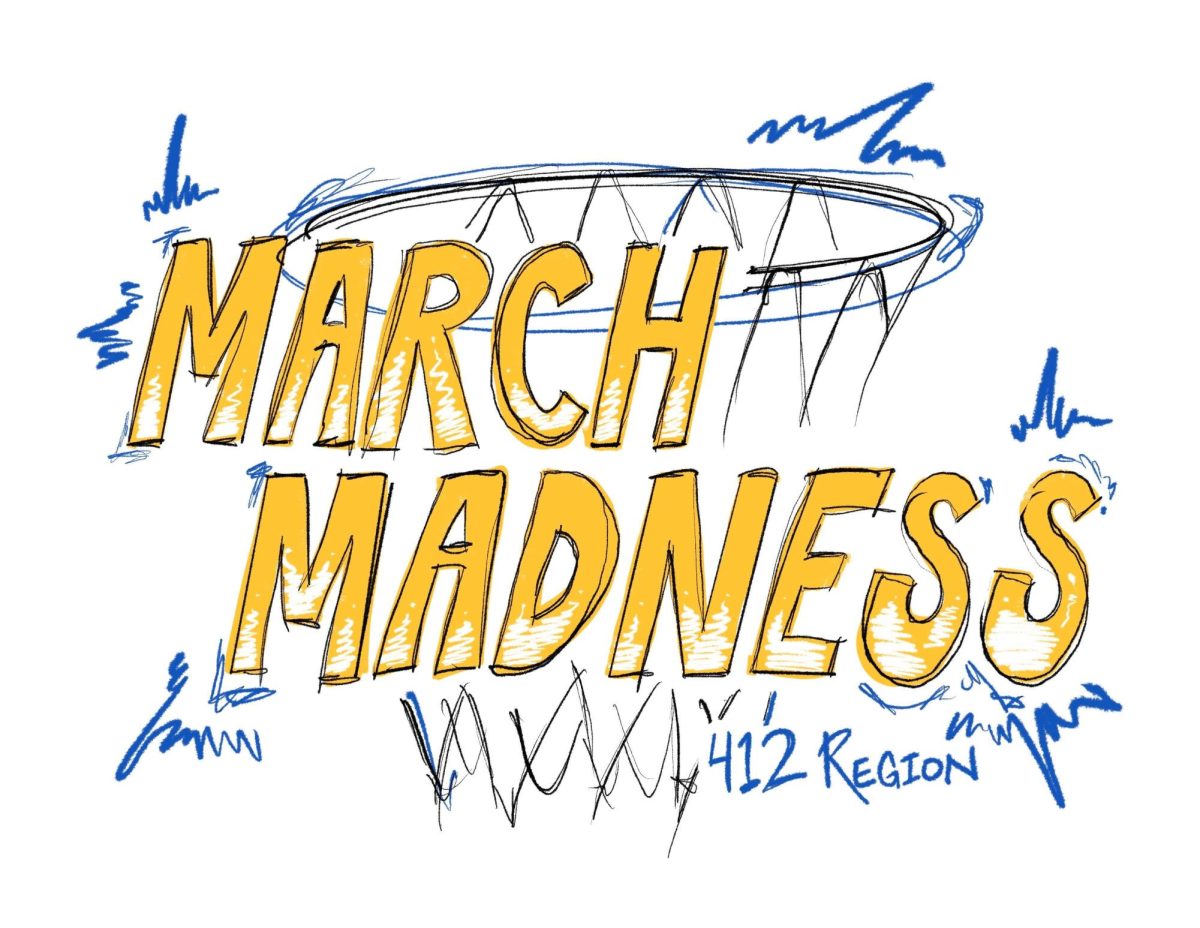Kozlowski: Chicago’s disaster an example for Pittsburgh
March 22, 2010
The city of Chicago is a story of the rapid creation of something where there was once… The city of Chicago is a story of the rapid creation of something where there was once nothing. A mere 175 years ago, there was nothing of importance where the Chicago River flows into Lake Michigan. The entire area was a lonely swamp that took its name after the Algonquin word for “Place of the Wild Onion.” Then came a boom, a fire, 150 years of corruption, a flood and the violent death of two mayors. Much can be learned from the example of Chicago, and Pittsburgh is about to follow in its footsteps.
Pittsburgh is seriously in debt, and has a pension fund that is a fund mostly in theory. This is why Mayor Luke Ravenstahl wanted to soak us suckers who go to school in Pittsburgh. After angry grousing from the universities in the area, the mayor backed down and came up with another bright idea: leasing the city parking meters and parking garages to private firms. Chicago does this, and from my experience as a denizen of Cook County, it is a terrible idea.
First and foremost, the lease would be a one-time revenue boost to the city instead of a constant income stream.
Essentially, the city would be betting interest rates that would be favorable over the long term of the lease, and that the money gained by the lease wouldn’t all be spent at once, and that the interest gained by saving the money would be enough to continue covering future pension obligations, and that the city would invest the money wisely, and that it wouldn’t disappear into some official’s pocket. This last one is more a problem for Chicago, but it could happen here too. It is difficult to say whether the bet will pay off.
Even if the bet does pay off, there are other major issues. Most obviously, and most odiously, privatization in Chicago has led to a rapid increase in parking meter rates, which has provoked considerable outrage in Illinois. According to the Chicago Sun Times, parking a car in the Loop, downtown, now requires 28 quarters for 2 hours, and the rates were expected to quadruple from what they were before by 2013. Something very strange happened when these meters had the rate increase. You could now find parking downtown, rather than engaging in the “Chicago 500,” circling the block until you find a space. However, there is a price to be paid.
This increase in parking fees has real unintended consequences, like any other measure that is too clever by half. Between the high cost of parking and the 10.25% sales tax, who wants to drive into the city to shop? Yes, public transportation is an answer, but when more people get on the buses and trains, this might not be an attractive option.
There are other options that allow you to take your car. Who says you have to go downtown to shop? Where I’m from, you can drive north to a shopping mall just across the county line, where parking is free, and the sales taxes are lower. I don’t spend any money in Chicago, even though I live barely 5 miles outside the city limit.
High parking rates have the very real potential of damaging merchants who will see fewer customers unwilling to park at high rates. This means lower sales tax revenue for Chicago. So, in the long run, it is unclear how much the city really “made” by privatizing meters. Indeed, the city inspector general estimates that the city lost millions of dollars by this deal, according to the Chicago Tribune.
There were other problems aside from money-related ones. Broken parking meters go unrepaired more often. 250 of the vaunted “pay-and-display” parking meters, which are computerized boxes that collect the parking fee and print out a time-stamped sticker you put in your window to avoid a ticket, broke downtown on May 27 of last year. The machines jam from having so many quarters put in them, and from not having those quarters regularly emptied. Because “pay-and-display” means no freebie parking for a busted meter, one has to hurry to find a functioning box before being ticketed.
What about those tickets? Aren’t they a great income source for the city? True, but 72% of tickets contested in court were thrown out after the fare hike, a 4% increase. If Pittsburghers get feisty, tickets might not be a great revenue source anymore.
Chicago can set a very clear example for Pittsburgh in the case of meter privatization. It is a case study of why the endeavor is a disaster. Chicago has committed to the deal for the next 75 years, meaning denizens of Cook County will be irritated for a long time. However, here in Pittsburgh, there is still hope. We must urge the City Council to reject Mayor Ravenstahl’s plan for a quick fix that will cause a great deal of damage.
Write e-mails, not tickets, to kozthought@gmail.com


